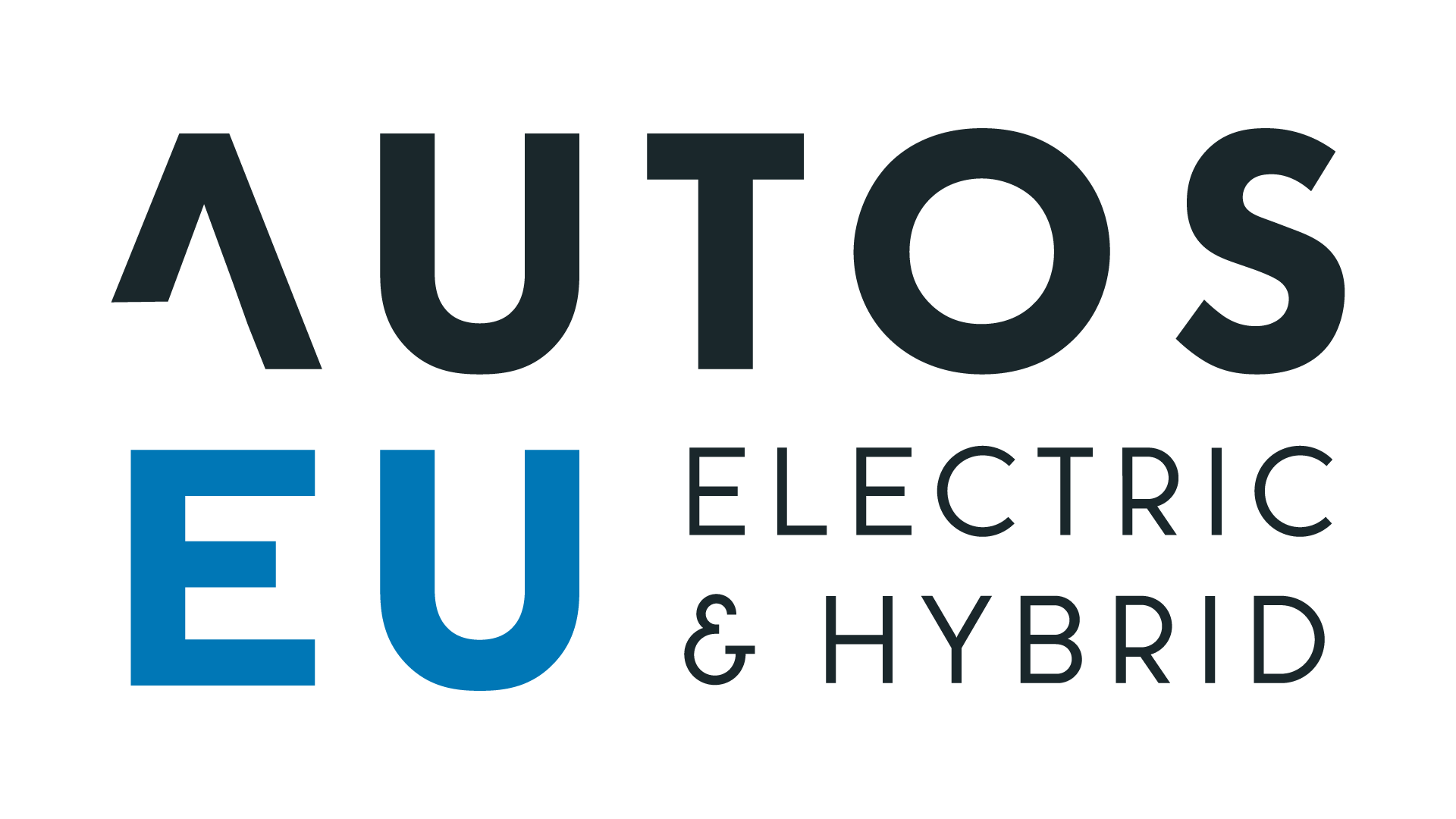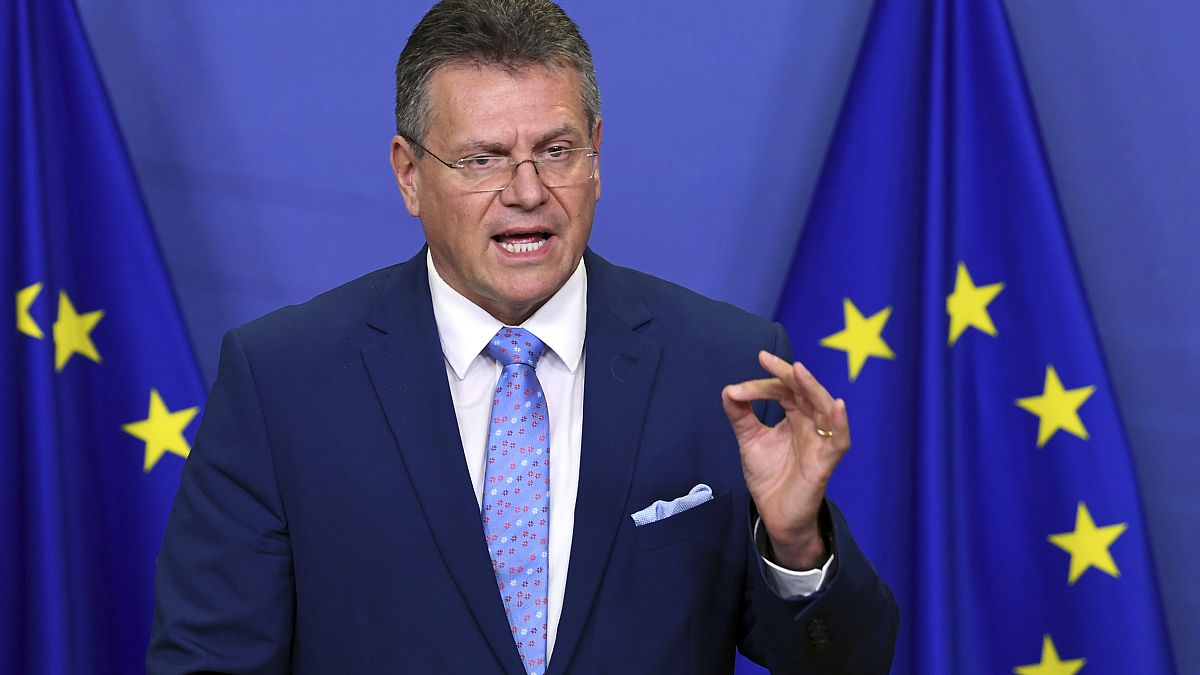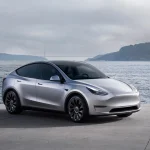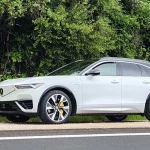Euronews Business takes a closer look at the European Commission’s new proposals on EU-UK electric vehicle exports – and manufacturing investment plans.
On Wednesday, the European Commission proposed a one-time extension of the existing rules of origin for electric vehicles and batteries under the EU-UK trade tariffs, while also revealing a support package for the EU battery industry.
The proposal to change the rules is anticipated to receive approval from EU member state ambassadors during a meeting next week.
If accepted, the extension would delay tariffs between the the EU and UK until December 31, 2026.
1/1
Skip Ad
Continue watching
after the ad
Visit Advertiser websiteGO TO PAGE
PLAY

Latest
Video Settings
Full Screen
About Connatix
V451188

Read More

Read More

Read More

Read More

Read More
Read More

Read More

Read More
EU states urge European Investment Bank to rethinkdefence policy
 (new Image()).src = ‘https://capi.connatix.com/tr/si?token=604675c4-ea89-46c9-9817-5ed115e7bf41&cid=83b16131-8326-440c-9a78-470bcd2870e2’; cnxps.cmd.push(function () { cnxps({ playerId: “604675c4-ea89-46c9-9817-5ed115e7bf41” }).render(“29572e93412441b3b0dc992bd9167d8a”); });
(new Image()).src = ‘https://capi.connatix.com/tr/si?token=604675c4-ea89-46c9-9817-5ed115e7bf41&cid=83b16131-8326-440c-9a78-470bcd2870e2’; cnxps.cmd.push(function () { cnxps({ playerId: “604675c4-ea89-46c9-9817-5ed115e7bf41” }).render(“29572e93412441b3b0dc992bd9167d8a”); });
“Today’s decision means that we skip an intermediate phase of somewhat stricter rules of origin that would have applied from 2024 until the end of 2026,” said European Commission executive vice-president, Maroš Šefčovič.
“This removes the threat of tariffs on the export of EU electric vehicles to the UK and vice versa on 1 January 2024.”
However, Šefčovič emphasised that this one-off extension “will not be possible again in the near future,” implying that much stricter rules will take effect from 2027.
According to Valdis Dombrovskis, the European executive vice-president, the decision protects the interests of the domestic economy.
“Implementing tariffs would have clearly been against our interests and would have further heightened competition for electric vehicles made abroad, notably in China,” Dombrovskis said.
Šefčovič also announced that the Commission will allocate up to €3 billion to boost the EU’s battery manufacturing industry starting in 2024— an incentive considered “essential for the green transition”.
The Commission will monitor whether European automotive and battery industries are adhering to the permanent origin rules of the TCA and meeting the goal of sourcing at least 70% of their battery demand locally.
The worldwide market for EV batteries is presently largely controlled by products manufactured in China, with the nation responsible for approximately 70% of lithium-ion battery production
Today’s proposals have been influenced by unforeseen occurrences of the last few years.
Russia’s actions in Ukraine, supply chain disruptions due to COVID-19, and heightened competition from new global subsidy programs have slowed down the growth of the European battery ecosystem compared to the initial projections made when the rules of origin for electric vehicles and batteries were designed in 2020.










